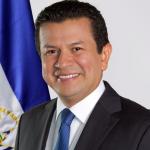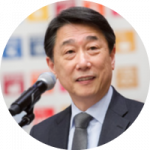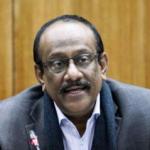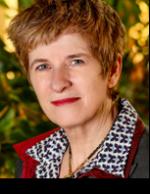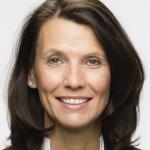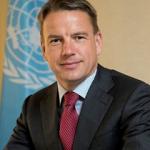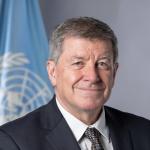A distinctive feature of the 2030 Agenda for Sustainable Development is its emphasis on reaching the poorest and most vulnerable, as expressed in the Preamble and Declaration. A range of Goals and Targets, including those on poverty; on food security, nutrition and agriculture; on education and learning opportunities; on water and sanitation; and on cities make specific reference to the poor and vulnerable or those in vulnerable situations. Paragraph 23 of the Agenda refers to the empowerment of the most vulnerable and includes, among the groups “whose needs are reflected in the agenda”, “all children, youth, persons with disabilities (of whom more than 80% live in poverty), people living with HIV/AIDS, older persons, indigenous peoples, refugees and internally displaced persons and migrants” as well as “people living in areas affected by complex humanitarian emergencies and in areas affected by terrorism”.
Because of disabilities, lack of resources, language and literacy barriers, distance, formal and legal impediments, cultural practices, social norms and others, these groups are often excluded from the channels through which the benefits of policy, government action, and economic development are conveyed. Access to education, adequate housing, basic services, social protection, jobs, financing, legal protection, protection from environmental hazards and natural disasters, and opportunities to participate in decision-making are often out of reach or prohibitively costly for precisely those groups that need them the most. These are issues that have also been the addressed from the perspective of human rights. Failure to acknowledge and address factors of vulnerability and the barriers to access services, resources and opportunities means that advances in development will not benefit the poorest and most vulnerable and that inequalities will be aggravated rather than attenuated.
In addition to the 2030 Agenda, the need to reach the most vulnerable is recognized in numerous international agreements, including, among the most recent, the Addis Ababa Action Agenda, the Paris Agreement under the United Nations Framework Convention on Climate Change, and the Sendai Framework for Disaster Risk Reduction. It is the object of numerous human rights instruments and has been the focus of the work of the Commission for Social Development. Intergovernmental and other forums have addressed the specific needs of particular groups.
Taking into account national and international commitments and practice, this session will bring together perspectives on how to address these challenges, with particular reference to the groups identified in the 2030 Agenda. It will address lessons from past and ongoing experiences, and how to best assess progress in this regard.
POSSIBLE QUESTIONS FOR DISCUSSION:
- What are the concrete barriers faced by the poorest and most vulnerable, and by particular groups among the most vulnerable, in accessing services, resources and opportunities and in benefitting from policy measures?
- What concrete measures have been taken to address the needs of the poorest and most vulnerable and what lessons can be learned from these experiences?
- How can advances in reaching the most vulnerable in the implementation of the 2030 Agenda best be assessed, nationally and internationally?
CHAIR:
- H.E. Mr. Oh Joon, Permanent Representative of the Republic of Korea to the UN and President of ECOSOC
MODERATOR:
- Mr. Guy Ryder, Director-General of the International Labour Organization (ILO)
PANELLISTS:
- H.E. Mr. Hugo Roger Martinez Bonilla, Minister of Foreign Affairs of El Salvador
- H.E. Mr. Md. Shahidul Haque, Foreign Secretary of the Ministry of Foreign Affairs of Bangladesh
- H.E. Ms. Rita Schwarzelühr-Sutter, Parliamentary State Secretary to the Federal Minister for the Environment, Nature Conservation, Building and Nuclear Safety, Germany
LEAD DISCUSSANTS:
- Mr. Christian Friis-Bach, Under-Secretary-General and Executive Secretary of the United Nations Economic Commission for Europe (UNECE)
- Ms. Kate Gilmore, United Nations Deputy High Commissioner for Human Rights
 Welcome to the United Nations
Welcome to the United Nations

